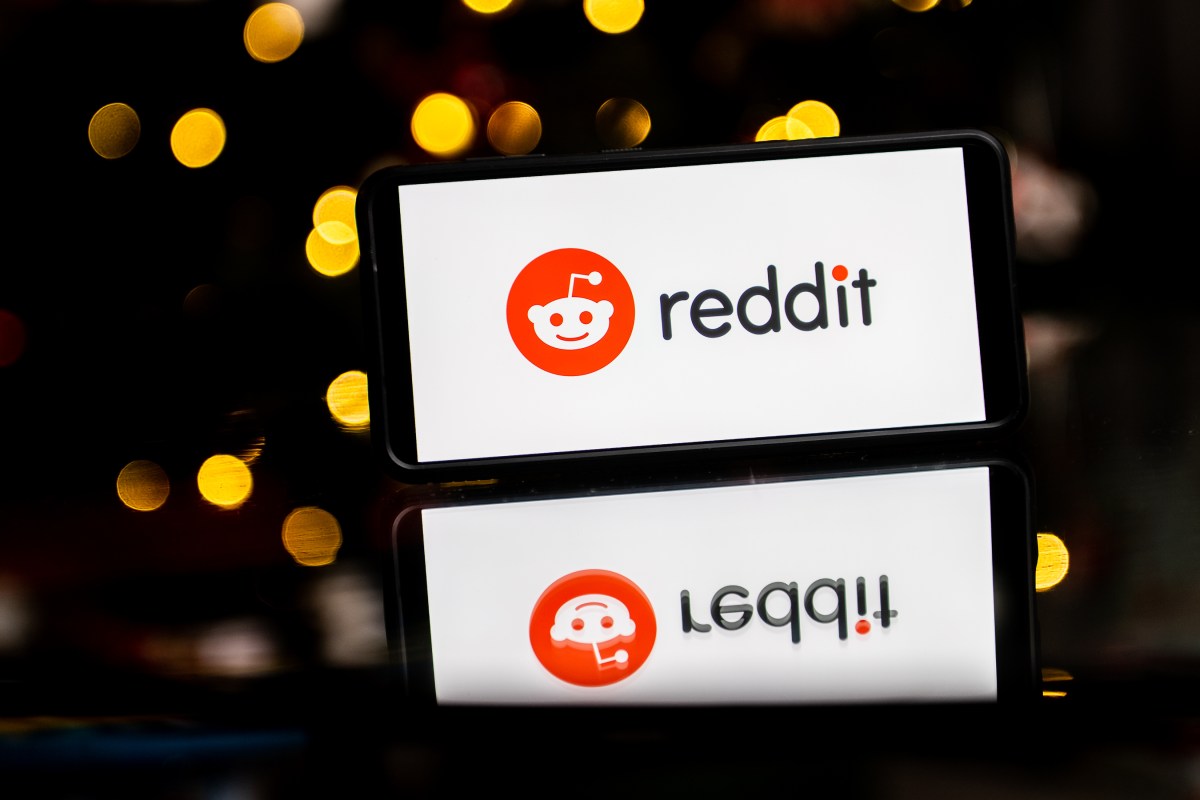Mark Zuckerberg has embarked on a new endeavor: creating artificial general intelligence (AGI), a type of AI that can think and learn like humans. To achieve this, he has assembled a team of renowned researchers, engineers, and AI experts from prominent companies like OpenAI, Google, Anthropic, Apple, and more. This new team, known as Meta Superintelligence Labs (MSL), is tasked with developing the most advanced artificial intelligence the world has ever seen.
The tech industry is referring to this team as a “dream team.” However, it is impossible to ignore the noticeable lack of diversity within the group.
Out of the 18 team members confirmed so far by Zuckerberg in a memo and by media reports, only one is a woman. There are no Black or Latino researchers on the list. The majority of the team members are men who attended elite universities and worked at top Silicon Valley firms. While many team members are of Asian descent, which reflects the significant presence of Asian talent in the global tech industry, the group lacks a broad range of backgrounds and life experiences.
Here is a partial list of the new hires:
Alexandr Wang (CEO and chief AI officer)
Nat Friedman (co-lead, former GitHub CEO)
Trapit Bansal
Shuchao Bi
Huiwen Chang
Ji Lin
Joel Pobar
Jack Rae
Johan Schalkwyk
Pei Sun
Jiahui Yu
Shengjia Zhao
Ruoming Pang
Daniel Gross
Lucas Beyer
Alexander Kolesnikov
Xiaohua Zhai
Ren Hongyu.
Their intellect and expertise are undeniable. However, they share similar backgrounds and networks, which raises concerns about the team’s ability to create a well-rounded AI system. This homogeneity is a significant issue when developing something as powerful as superintelligence.
What is superintelligence?
Superintelligence refers to an AI system that surpasses human intelligence in reasoning, problem-solving, creativity, and emotional intelligence. Such a system could potentially write code more efficiently than the best engineers, analyze laws better than top lawyers, and manage companies more effectively than experienced CEOs.
In theory, a superintelligent AI could revolutionize fields like medicine, solve climate change, or eliminate traffic congestion. However, it could also disrupt job markets, exacerbate surveillance, widen social inequality, or perpetuate harmful biases if it reflects only the perspectives of its creators.
The composition of the team designing these systems is crucial, as they are deciding whose values, assumptions, and life experiences will be embedded in the algorithms that may one day control significant aspects of society.
Whose intelligence is being built?
AI systems often reflect the characteristics of their designers. History has already shown us the consequences of ignoring diversity in AI development. For instance, facial recognition systems have been known to fail on darker skin tones, and chatbots have been found to produce racist, sexist, or ableist content. These risks are not hypothetical.
AI systems developed by homogeneous teams tend to replicate the blind spots of their creators, which is a significant product flaw. When the goal is to create something smarter than humanity, these flaws can have far-reaching consequences.
Creating a superintelligent AI is akin to programming a god. If we are going to do that, it is essential to ensure that the AI system understands all of humanity, not just a narrow segment of it.
Zuckerberg has remained largely silent about the composition of his AI team. In today’s political climate, where diversity is often dismissed as a distraction or “wokeness,” few leaders want to discuss the issue. However, silence comes with a cost, and in this case, the cost could be an intelligence system that fails to serve the majority of people.
A warning wrapped in progress
Meta claims to be building AI for everyone. However, the company’s staffing choices suggest otherwise. With no Black or Latino team members and only one woman among nearly 20 hires, Meta is sending a message – intentionally or not – that the future is being designed by a select few, for a select few.
The question then becomes: can we trust this technology? It is essential to ensure that when we delegate key decisions to machines, those machines understand the full range of human experiences.
If we do not address the diversity gap in AI development now, we risk perpetuating inequality in the very operating system of the future.
Source Link





